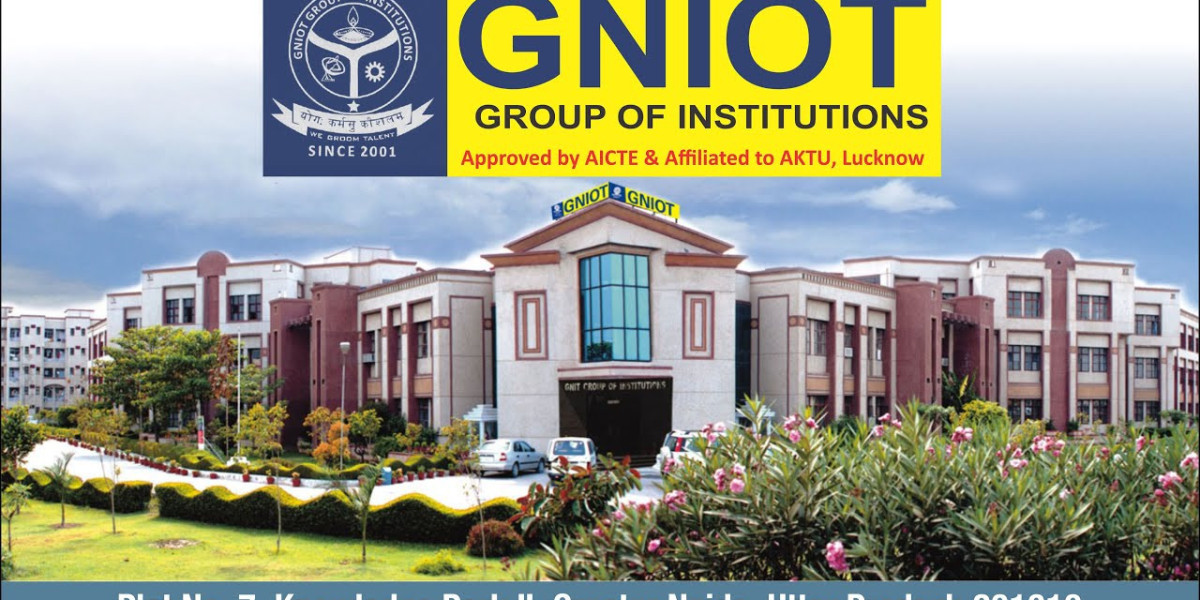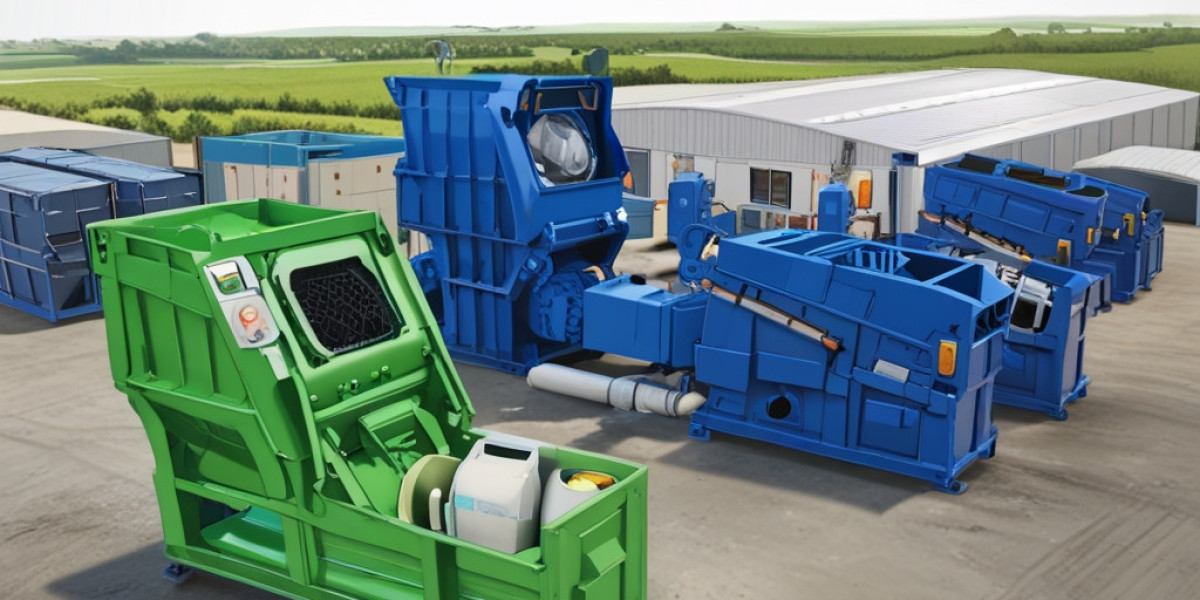Introduction
In today's fast-paced world, the gap between academic knowledge and real-world application can sometimes seem wide. However, institutions like GNIOT (Greater Noida Institute of Technology) are bridging this gap effectively. Through a combination of practical learning, industry connections, and innovative programs, GNIOT ensures that its students are well-prepared for the challenges and opportunities they will face in their careers. This article explores how GNIOT connects students with the real world, focusing on various aspects such as industry partnerships, experiential learning, and career services.
1. Industry Partnerships and Collaborations
One of the key ways GNIOT bridges the gap between education and the real world is through its strong industry partnerships. These collaborations provide students with invaluable exposure to real-world scenarios and professional practices.
1.1. Industry Tie-Ups
GNIOT has established tie-ups with numerous leading companies and organizations across various sectors. These partnerships facilitate internships, workshops, and guest lectures by industry experts. Such interactions help students understand the current trends and demands of the job market.
1.2. Industry Projects
Students at GNIOT often work on projects in collaboration with industry partners. These projects are designed to solve real-world problems and are often part of the curriculum. Working on these projects helps students apply theoretical knowledge to practical situations, enhancing their problem-solving and critical-thinking skills.
1.3. Professional Training Programs
GNIOT organizes professional training programs in collaboration with industry experts. These programs cover various aspects of professional development, such as communication skills, leadership, and technical competencies. By participating in these programs, students gain skills that are directly applicable in their future careers.
2. Experiential Learning Opportunities
Experiential learning is a cornerstone of GNIOT’s approach to education. This method emphasizes learning through experience and reflection, helping students connect classroom knowledge with real-world applications.
2.1. Internships and Placements
GNIOT places a strong emphasis on internships as a way to provide students with hands-on experience. Internships give students the opportunity to work in professional settings, apply their academic knowledge, and gain practical skills. Many students secure job offers through their internships, making it a crucial component of their career development.
2.2. Live Projects and Case Studies
In addition to internships, GNIOT incorporates live projects and case studies into the curriculum. These projects often involve real companies and address current challenges faced by the industry. By working on these projects, students gain insights into real-world problem-solving and decision-making processes.
2.3. Simulation and Lab Work
GNIOT’s state-of-the-art labs and simulation facilities allow students to conduct experiments and simulations that mimic real-world scenarios. This hands-on experience helps students understand complex concepts and processes in a controlled environment, preparing them for real-life applications.
3. Career Services and Support
Effective career services play a crucial role in connecting students with the real world. GNIOT offers comprehensive career support to help students navigate their career paths and secure meaningful employment.
3.1. Career Counseling and Guidance
GNIOT provides career counseling services to help students make informed decisions about their career paths. Career counselors offer advice on resume writing, interview preparation, and job search strategies. This personalized guidance helps students align their academic pursuits with their career goals.
3.2. Job Fairs and Recruitment Drives
The institution regularly organizes job fairs and recruitment drives, where students can interact with potential employers and explore job opportunities. These events provide a platform for students to showcase their skills and network with industry professionals.
3.3. Alumni Network
GNIOT’s strong alumni network is another valuable resource for students. Alumni often return to the institution to share their experiences, offer mentorship, and provide job leads. This network helps current students gain insights into different industries and career paths.
4. Real-World Skills Development
GNIOT’s curriculum and extracurricular activities are designed to help students develop skills that are essential in the real world.
4.1. Soft Skills Training
In addition to technical knowledge, GNIOT places a strong emphasis on developing soft skills such as communication, teamwork, and leadership. Workshops, seminars, and group activities help students improve these skills, which are highly valued by employers.
4.2. Entrepreneurial Opportunities
For students interested in entrepreneurship, GNIOT offers various programs and support systems. These include entrepreneurship development courses, incubation centers, and access to funding opportunities. By encouraging entrepreneurial thinking, GNIOT helps students explore innovative business ideas and start their ventures.
4.3. Industry-Related Workshops and Seminars
Regular workshops and seminars conducted by industry professionals provide students with current knowledge and trends in their fields. These sessions cover emerging technologies, industry practices, and career advice, keeping students informed and prepared for the job market.
5. Integration of Technology and Innovation
Technology and innovation play a crucial role in modern education. GNIOT incorporates these elements into its programs to enhance learning and prepare students for the tech-driven world.
5.1. Technological Resources
GNIOT provides students with access to the latest technological resources, including software, hardware, and online tools. These resources facilitate learning and help students stay updated with technological advancements in their fields.
5.2. Research and Development
Students are encouraged to engage in research and development activities. GNIOT supports student-led research projects and innovation initiatives, fostering a culture of inquiry and creativity. This involvement helps students develop critical thinking and problem-solving skills.
5.3. Digital Learning Platforms
The use of digital learning platforms enhances the educational experience at GNIOT. Online courses, virtual labs, and interactive learning modules complement traditional classroom teaching, providing students with flexible and dynamic learning options.
Conclusion
GNIOT’s commitment to connecting students with the real world is evident through its industry partnerships, experiential learning opportunities, career services, and focus on real-world skills development. By integrating technology and innovation into its programs, GNIOT ensures that students are well-prepared for the demands of the modern workforce.
As you consider your educational journey, it’s important to explore institutions that offer robust connections to the real world. Platforms like Universitychalo can help you find such institutions and make informed decisions about your academic and career future. By choosing a university that prioritizes real-world experience, you set yourself up for a successful and fulfilling career.
In conclusion, GNIOT’s approach to education exemplifies how institutions can effectively bridge the gap between academic learning and real-world application. By providing students with practical experiences, industry connections, and comprehensive career support, GNIOT helps shape the leaders and innovators of tomorrow.



